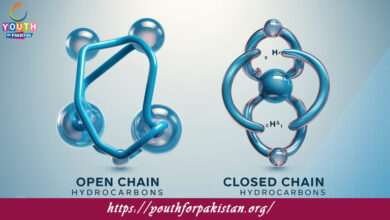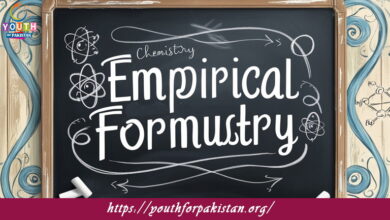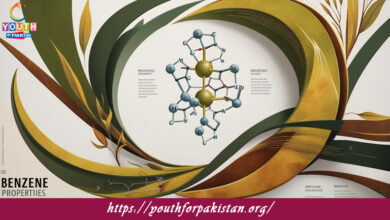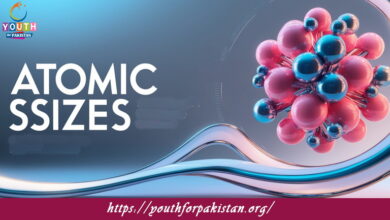Kinetic Molecular Theory Of Gases MDCAT Quiz with Answers
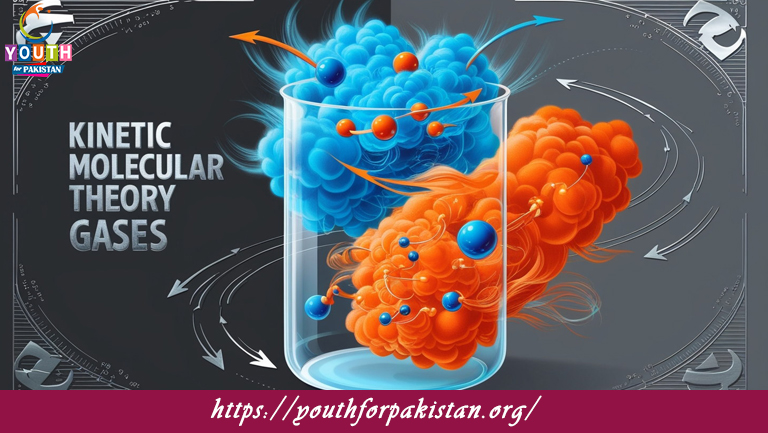
Kinetic Molecular Theory Of Gases MDCAT Quiz provides a microscopic explanation for the behavior of gases, focusing on the movement of gas molecules. The theory postulates that gases are made up of a large number of tiny particles (molecules or atoms) which are in constant random motion. The theory describes how the pressure of a gas is a result of the collisions made by the molecules with the walls of the container and how temperature relates to the average kinetic energy of the gas molecules. Understanding the Kinetic Molecular Theory of Gases is very important for MDCAT students, as it provides the foundation for explaining gas properties and behaviors. This theory is often tested in the MDCAT Quiz to assess students’ knowledge of the microscopic behavior of gases and its implications on macroscopic properties like pressure, volume, and temperature.
MDCAT Quiz on Kinetic Molecular Theory of Gases
The MDCAT Quiz on the Kinetic Molecular Theory of Gases helps students assess their understanding of the microscopic behavior of gas molecules. The quiz includes questions on how gas properties like pressure and temperature relate to the kinetic energy of molecules, as well as problems that apply the theory to real-world scenarios. By practicing with this quiz, students can improve their ability to analyze and solve problems based on the kinetic molecular model, ensuring they are well-prepared for the MDCAT exam.
Free Flashcard for Kinetic Molecular Theory of Gases
Our Free Flashcard for Kinetic Molecular Theory of Gases presents the essential postulates of the theory clearly and concisely. These flashcards underscore the principal postulates of the theory, the relationship of kinetic energy with temperature, and how molecular motion relates to the behavior of gases. The students can review, in a concise manner, what this theory entails by using these flashcards, hence answering questions in the MDCAT exam concerning the behavior of gases with ease.

The temperature of a gas is directly proportional to the average __________ energy of its particles.

The Kinetic Molecular Theory explains the relationship between the __________ and temperature of a gas.

According to the Kinetic Molecular Theory, gases behave ideally at __________ temperature and pressure.
Experience the real exam environment with our expertly designed collection of over 25,000 MCQs MDCAT Mock Tests.


